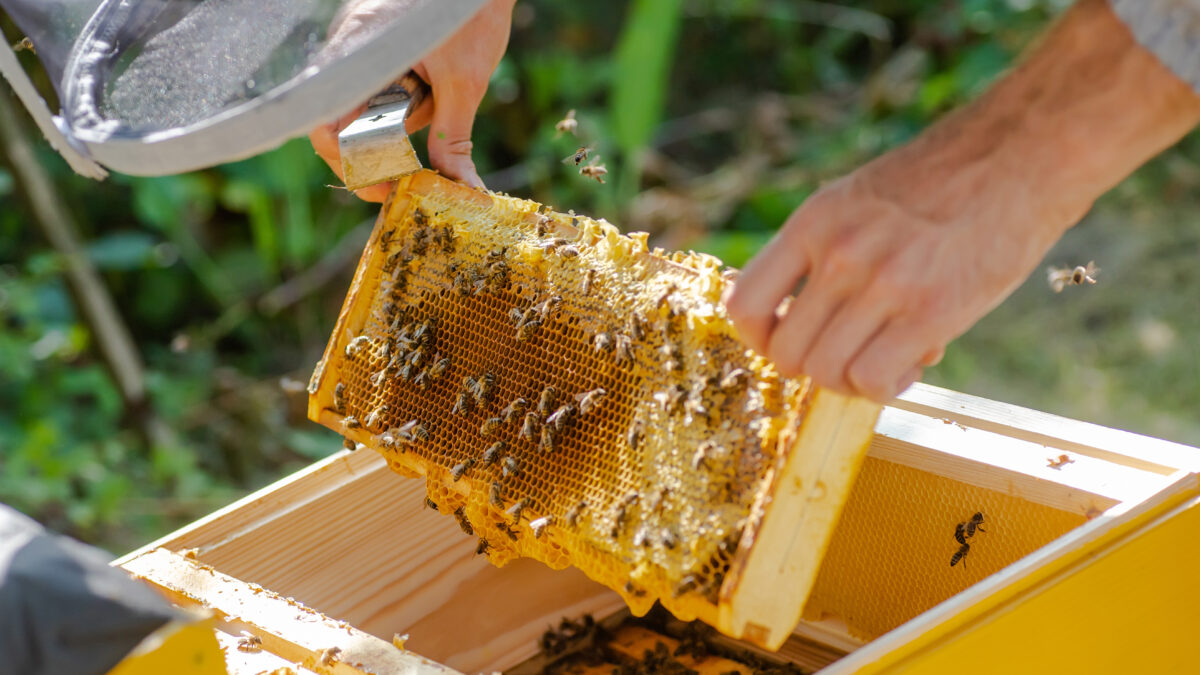European scientists have developed a monitoring system that can detect problems in a beehive and provide tailored advice to beekeepers on how to intervene. As part of a European project, a team of researchers from 13 European countries investigated how new technologies could support bee health and apiculture sustainability. Based on this, the researchers developed a thin circuit board equipped with sensors that collect data from within the beehive in real time. The next step was to process the data to understand which factors most influence the health of a colony. To do this, the researchers monitored 400 colonies in 13 countries, thus enabling the development of algorithms that facilitated interpretation of the data they collected. The technology they developed can also help beekeepers identify appropriate spots for new colonies. The project team used the data to develop virtual environments that can predict how beehives will respond to specific environmental conditions.
The platform is a digital apiary monitoring tool that enables beekeepers to manage numerous apiaries and beehives in a single location, store apiary data by location, and add the number of hives per apiary. Beekeepers can name and colour-code their beehives so that the digital depiction reflects their actual beehives.
Practices that support bees and other pollinators have drawn the intense interest of startups and agrotechnology enterprises. More specifically, bees and other pollinators are a vital part of the agricultural cycle but are negatively impacted by modern agricultural practices such as the use of chemical inputs. For this reason, a number of startups are taking on the challenge of improving the situation through technology, developing software, detection tools and artificial intelligence to monitor hives and activities that support their sustainability.










